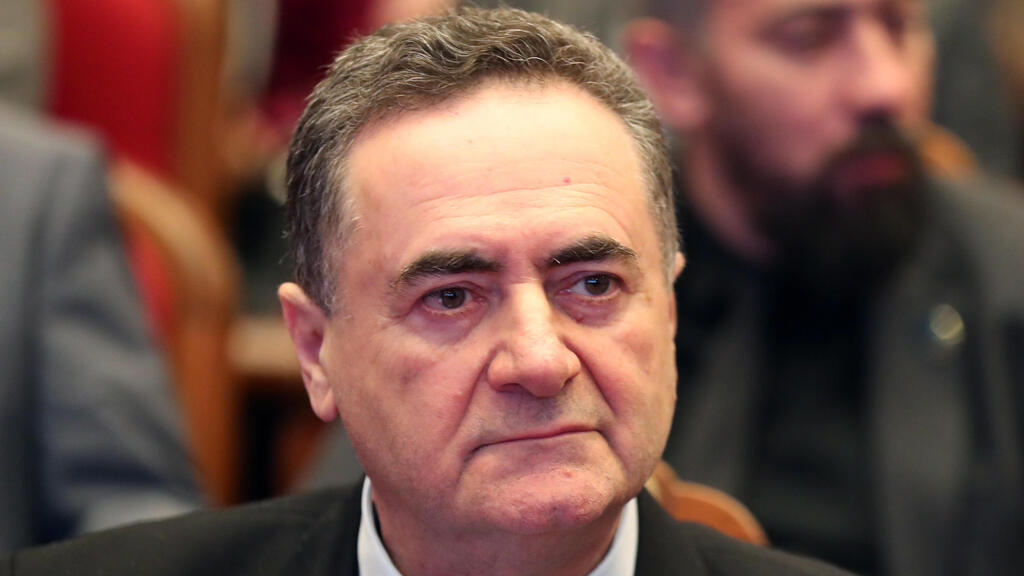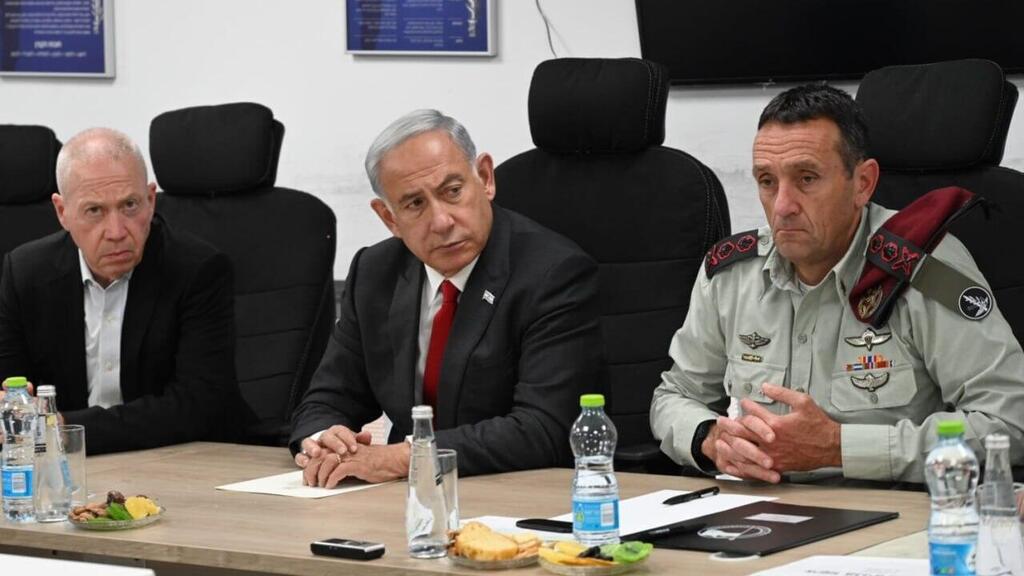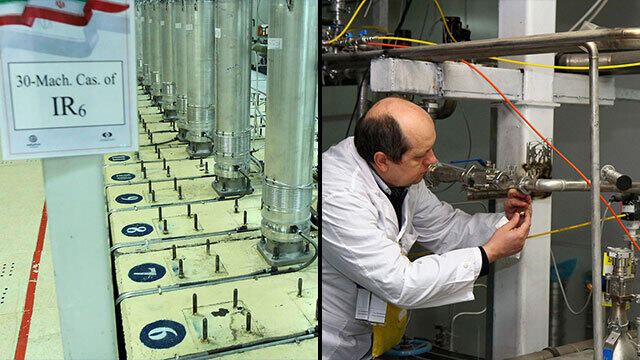Getting your Trinity Audio player ready...
National Infrastructure, Energy and Water Minister Israel Katz said Monday that the United States might acquiesce to Saudi Arabia's demand to establish a uranium enrichment facility on its territory as part of a normalization deal with Israel.
Read more:
Speaking to Ynet, Katz said that "as a matter of fact, Israel does not encourage such things. I don't think Israel should agree to such a thing, but there are ongoing talks on that matter." However, he noted that "normalization with Saudi Arabia is important, and I hope there will also be a peace agreement."
3 View gallery


National Infrastructure, Energy and Water Minister Israel Katz says Israel should not agree to nuclear reactor for Saudis
(Photo: EPA)
The New York Times reported in March that the approval and establishment of a civilian nuclear program are among the requirements Riyadh set for the anticipated normalization deal, but official elements in Saudi Arabia and the United States did not confirm it.
However, Israel's concern is that Saudi Arabia, or one of its other neighbors in the Middle East, would use a civilian nuclear program as the cover for producing a nuclear bomb.
Another demand by Riyadh is an arms deal that would provide Saudi Arabia with the most advanced weapons available in the American weapons arsenal, everything that former President Donald Trump promised to Mohamed bin Zayed, the de facto ruler of the Emirates, and much more, as F-35 fighter jets and bunker busters are part of the deal.
3 View gallery


Prime Minister Benjamin Netanyahu, center, IDF Chief of Staff Herzi Halevi, right, and Defense Minister Yoav Gallant at security assessment
(Photo: GPO)
The Saudi demands are not the only part of the lead-up to a normalization agreement that is causing Jerusalem to lose sleep.
Closed-door discussions in Jerusalem raised concerns that the American government will try to link the nuclear agreement with Iran to a normalization agreement between Israel and Saudi Arabia as a way to sweeten the bitter pill for Israel. The Americans may argue that Saudi Arabia cannot normalize relations with Israel without an agreement with Iran, and this could put Israel in a complex dilemma, a sort of honey trap.
Jerusalem believes that United States' move toward an agreement with Iran is the main reason for the Israeli leadership to press hard on preparations for a military strike against Iran's nuclear facilities. In other words, the latest military exercise simulating a multi-front war, including an attack on Iran, is considered an unprecedented exercise in terms of forces and involvement of state officials.
"Our policy is clear – we will not allow Iran to possess nuclear weapons," Katz said. He noted that the operation is an "intensive two-week exercise lead by the IDF, in which all systems are realistically trained for multi-front combat, including Iran and all its proxies and affiliated organizations."
According to a cabinet member, "all forces need to be trained in all scenarios. We hope that Iran's path to nuclear weapons will be curbed by the international community through diplomatic means and effective economic and military pressure. However, if it ultimately comes down to either a nuclear weapon or an Israeli operation, we will act to prevent an extremist and deranged country like Iran from possessing nuclear weapons."
Katz stated that Iran "is the most dangerous country in the world. If it possesses nuclear weapons, it can back extremist organizations even beyond what it does nowadays."
Reuters contributed to this article


